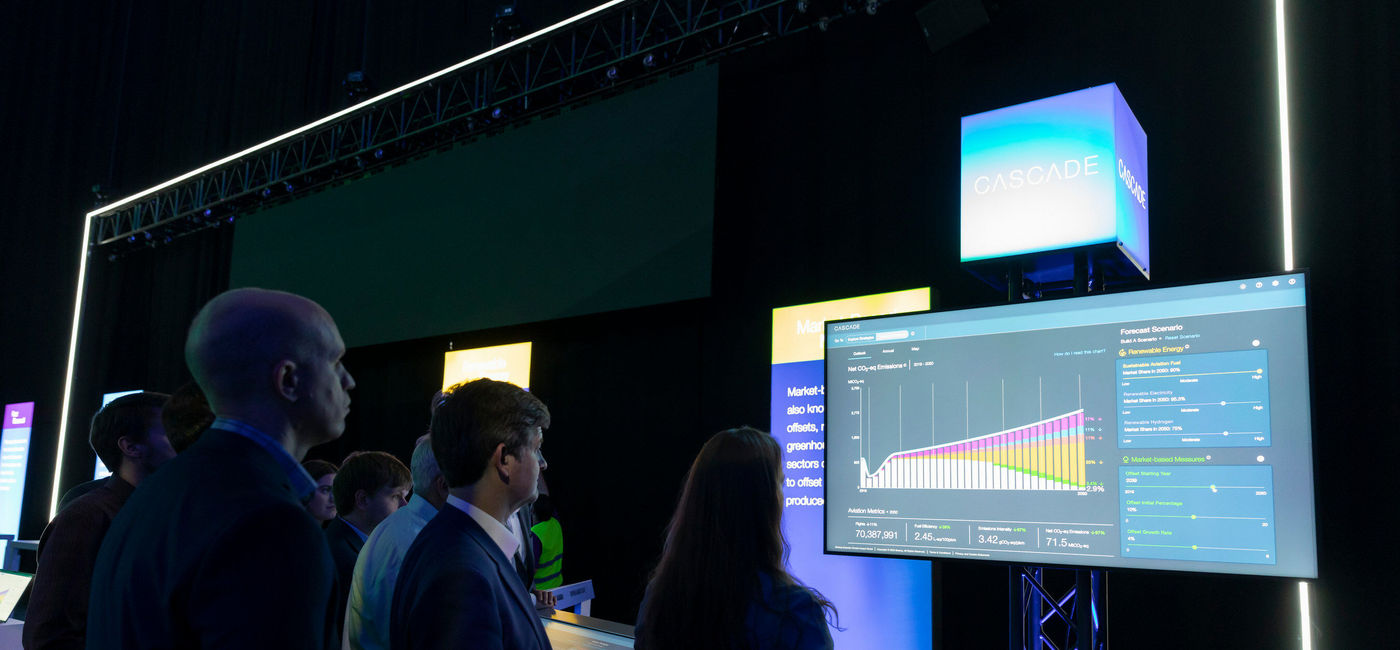Boeing Releases New Climate Impact Data Modeling Tool

Boeing announced the release of a data modeling tool, dubbed the Boeing Cascade Climate Impact Model, to help support commercial aviation’s path toward net zero carbon emissions.
Boeing’s Cascade tool identifies the effects of a range of sustainability solutions to reduce aviation’s carbon emissions and is accessible on the airplane manufacturer’s new Sustainable Aerospace Together hub.
Data modeling examines the full life cycle of alternate energy sources for aviation and measures fleet renewal, operational efficiency, renewable energy sources, future aircraft and market-based measures as pathways to decarbonization.
“We created Cascade to serve as an industry tool that creates a common framework among aviation, energy, finance and policy,” Boeing Chief Sustainability Officer Chris Raymond said.
“By putting data first and sharing this model with the public, we are enabling collaboration, feedback and alignment across industry, government and others who work together to achieve a more sustainable aerospace future,” Raymond continued.
Some key findings from Cascade’s assessments include the journey to net zero being dependent on the overall energy transition, sustainable aviation fuels (SAF) being the biggest contributor to reducing carbon emissions and Renewing fleets with fuel-efficient airplanes will significantly reduce emissions in coming years.
Boeing also introduced the Cascade User Community, a working group that will provide feedback on new features, functionalities and application programming interfaces. The founding members are IATA, NASA, University of Cambridge’s Aviation Impact Accelerator and the MIT Laboratory for Aviation and the Environment.
“Cascade helps airline operators, industry partners and policymakers see when, where and how different fuel sources affect their sustainability goals,” Cascade Program Leader Neil Titchener said.
“Our industry has really hard questions ahead of us, we’re going to have to make difficult choices,” Titchener continued. “Cascade can be the conversation starter for how each decarbonization pathway can help us reach a more sustainable future.”
